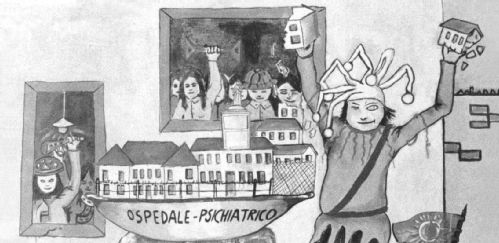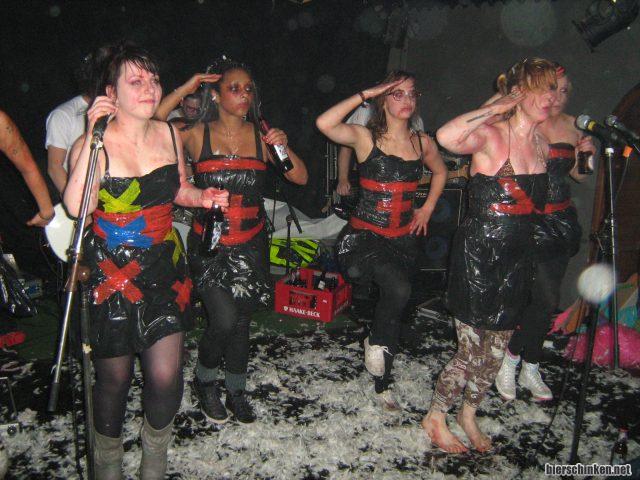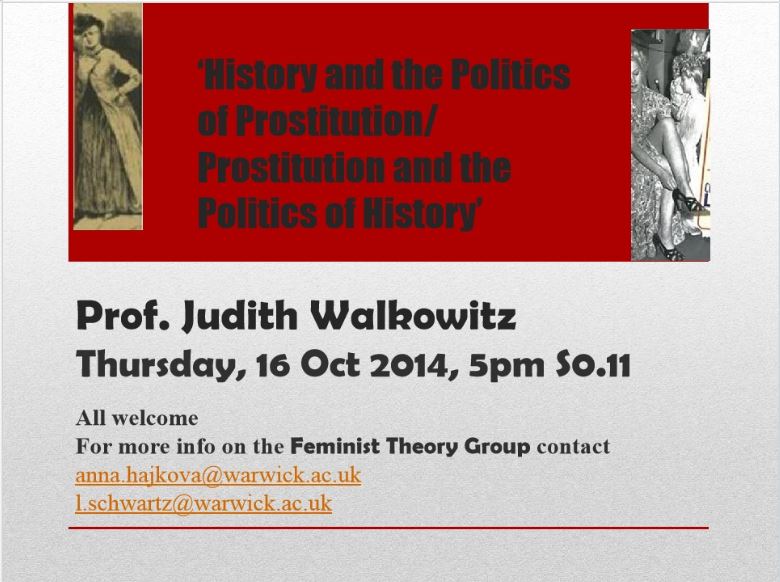linked activities
Dance, Song, Music and Sociability 1750 -1832
5 March 2021
Venue: On-line 4.00-6.00pm UK time (see call details below)
Organisation: DIGITENS EU Project and the Universities of Warwick, UEA and Notre Dame
Sociability is one of the single most significant ideas to emerge out of the eighteenth-century Enlightenment. The societies, clubs and institutions that underpinned intellectual exchange, made possible the scientific developments of the period, the development of "public opinion" through political meetings; and they helped form the entertainment industry through the commercialization of pleasure. Less widely understood, however, are the specific dynamics of sociability -- the ways that both institutions and private gatherings combined serious discussion with entertainment in the form of musical entertainment and dance. This conference will challenge the dominant understandings of Enlightenment sociability by placing music and dance at its core. Rather than thinking of music and dance as a peripheral ornament to the serious business of the Enlightenment, it will understand them as important engines in the development and dissemination of the ideas and practices that mobilised people’s bodies and emotions and shaped their social, emotional and intellectual worlds.
This introductory workshop is a preparatory workshop for a meeting (post Covid) in 2022. There are a series of short statements of intent; plus a set of issues we have set as challenges; and a pair of recordings of dance steps. The aim to focus on different aspects of the world of sound and movement and on their wider influence on the behavior of people at the end of the 18th and the beginning of the 19th centuries.
The three sections of the workshop are:
Section 1: Place: (Ch. Natalie Hanley Smith) Lynn Matluck Brooks (Philadelphia), Alena Shmakova (Edinburgh), Sabrina Juillet Garzon (Edinburgh) Brooks Shmakova Garzon Lynn Books has also compiled a bibliography on Francis (Frank) Johnson available here
Section 2: Movement and Materiality (Ch: Oskar Cox Jensen) : Ambre Emory-Maier/Valarie Williams (Clothing), Matthew McCormack (Shoes), Hillary Burlock (Grace and Education) AEM&VW McCormack Burlock (For Dance Steps see below the Digitens Logo below).
Section 3: Music (ch Ian Newman) : Remy Duthille (Ca Ira), Catherine Mayes (Vienna Music) and Alice Little (Domestic Music) Duthille Mayes Little
The following themes and issues are offered as a jumping off point for what I hope will be an engaging and provoking discussion.
- One thing I think deserves attention is the physical side of dance, song, and playing music – and how that physical experience interacts with people’s social and emotional experience. Are these physical components things that in some ways set people apart from their social worlds – as if it is a formally distinct form of conduct, as against something integrally part of that world – as it might be in elements of carnival and masquerade or as a performance set apart from the self. And can these occasions be contrasted with cases in which the body engaged is not individualized (as in Dickens’ account of the Carmagnole discussed in the paper). And how far does this vary across types and forms – is singing a complex aria a performance that separates the singer out from her audience; does a cotillion work in the same way – a separating performance – in contrast to a contra-dance or the companionable singing of sea shanties at work (Oskar referred me to Rhythms of Labour: Music at Work in Britain, Cambridge UP 2013) . How and in what ways, for which forms, do ‘performances’ separate or bind, appeal to formal aesthetic criteria, as against a sociable conviviality – and how far are such matters different depending on age, gender, social class, or how far do they create temporary sociabilities/communities constructed on these lines?
- Another thing I am increasingly interested in (partly because we are very reliant on what people remember about their experiences and their feelings) is about the different forms and dimensions of memory involved in these conjunctures. We tend to think of memory in terms of hard-drives, or entries on a disk/stick that we/ retrieve. Psychologists are increasingly resistant to that metaphor and argue that much memory (and much mind) is simultaneously bodily. That seems evident in relation to learning certain skills and movement – learning to dance or sing or play an instrument is not a wholly cognitive process but is embedded in learning to move bodily in certain ways. And memory (qua recall of events) may itself be encoded in and only fully triggered and recalled in movement. And if that is so, how far should we see this not narrowly in terms of a mind/body & memory/performance conjuncture but also as a social/cultural experience, embedded in a wider world that powerfully shapes the physical and mental aspects of a performance and, at the same time, the memories (both embodied and cognitive) of it?
- What kind of ‘field’ is the dance floor? More appropriately – of any particular dance – what are the rules and conventions at work? Who is it for (in terms of ostensible purposes, and who benefits from the opportunities)? Who participates and under what conditions with whom? Who polices? Who can claim whose attention and compliance? Does one have to wait to be asked, when are same sex couples accepted and when not? Who determines the music, the order, the dances and the steps? How do new dances, tunes or songs get introduced and what impact does the setting have on that? What must one have in order to participate – is this about social distinctions, familial and social networks, an appearance of wealth, evidence of ability – and how do such things vary according to the occasion – and how are such occasions marked out and distinguished as this rather than that type?
- And in relation to all of these points – how uniform is experience across class and how disparate, and how far do different cultures and groups of practices ‘talk’ to other cultures and groups.
Call details:
Topic: Dance Workshop March 2020
Time: Mar 5, 2021 04:00 PM London
Join Zoom Meeting
https://notredame.zoom.us/j/96360931038?pwd=aCtIU25ZOTJ1VlYybFpDM2l5QUhlZz09
Meeting ID: 963 6093 1038
Passcode: 379607
One tap mobile
+13017158592,,96360931038#,,,,*379607# US (Washington DC)
+13126266799,,96360931038#,,,,*379607# US (Chicago)
Dial by your location
+1 301 715 8592 US (Washington DC)
+1 312 626 6799 US (Chicago)
+1 646 558 8656 US (New York)
+1 253 215 8782 US (Tacoma)
+1 346 248 7799 US (Houston)
+1 669 900 6833 US (San Jose)
Meeting ID: 963 6093 1038
Passcode: 379607
Find your local number: https://notredame.zoom.us/u/ad7ntRxWZg
Join by SIP
96360931038@zoomcrc.com
Join by H.323
162.255.37.11 (US West)
162.255.36.11 (US East)
115.114.131.7 (India Mumbai)
115.114.115.7 (India Hyderabad)
213.19.144.110 (Amsterdam Netherlands)
213.244.140.110 (Germany)
103.122.166.55 (Australia Sydney)
103.122.167.55 (Australia Melbourne)
64.211.144.160 (Brazil)
69.174.57.160 (Canada Toronto)
65.39.152.160 (Canada Vancouver)
207.226.132.110 (Japan Tokyo)
149.137.24.110 (Japan Osaka)
Meeting ID: 963 6093 1038
Passcode: 379607

Dance Steps: Pas de Minuet and Pas de Rigaudon
Dance steps:
A joint seminar with the Centre for the History of Medicine:
Freedom is Therapeutic? Franco Basaglia and the anti-asylum movement in Italy in the 1960s and 1970s
Tuesday 17th May 2016 (Week 4)
5-7pm in Room R0.14, Ramphal building, University of Warwick
Presentation, refreshments and discussion. All are welcome.

.......................................................................................................................................................................
A day workshop convened by Dr JoachimHäberlen, in collaboration with the German Dept:
Wacky Germans
Thursday 14th May 2015, 10am – 3pm

...................................................................................................................................................................
Please see the activities run by the Feminist Theory Group at http://www2.warwick.ac.uk/fac/arts/history/research/seminars_readinggroups/gender_and_feminist_theory_group

